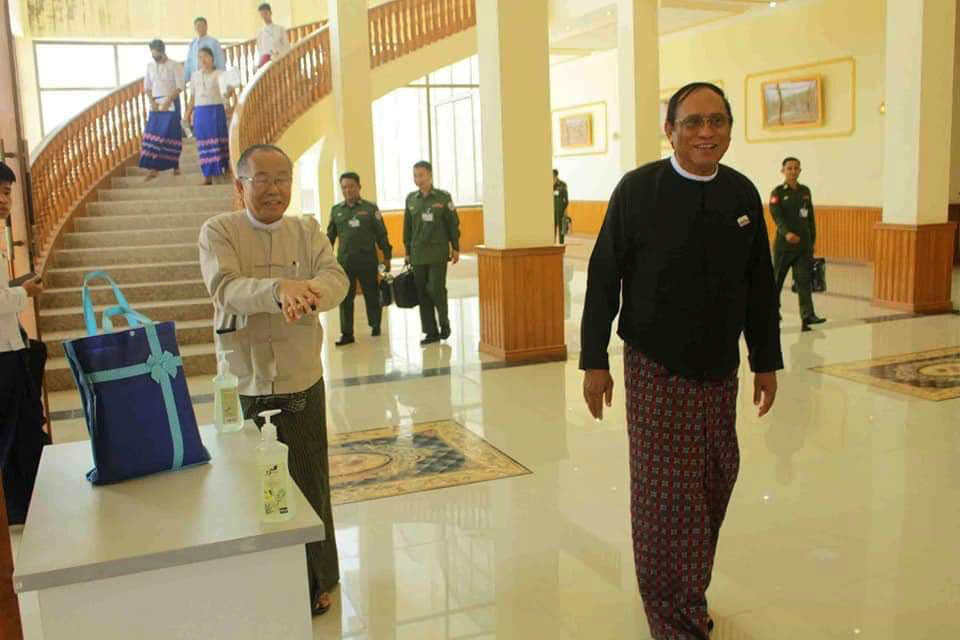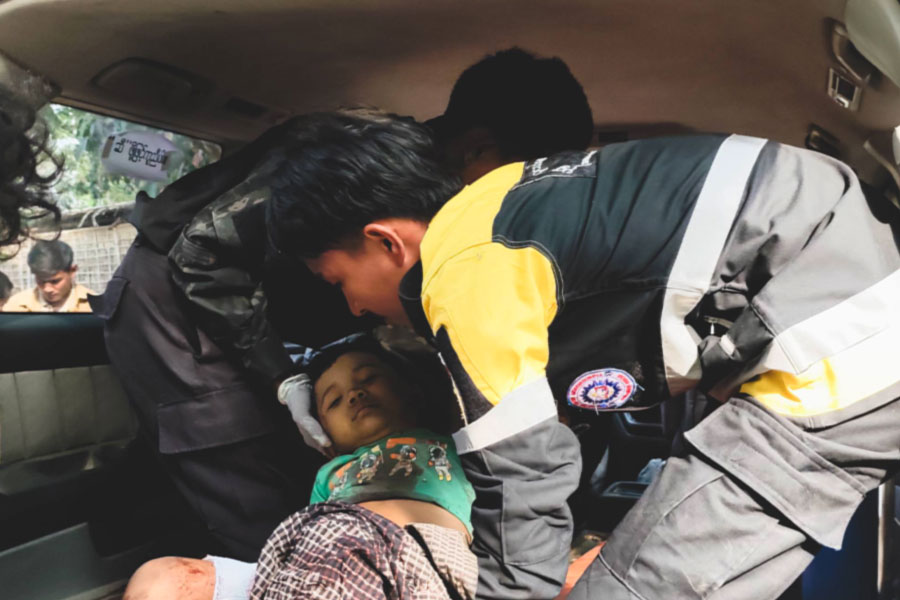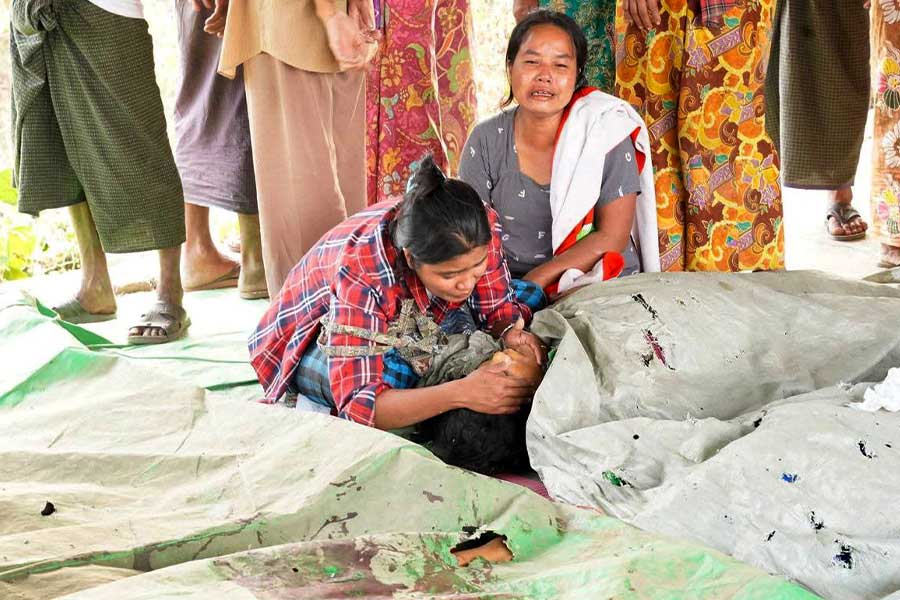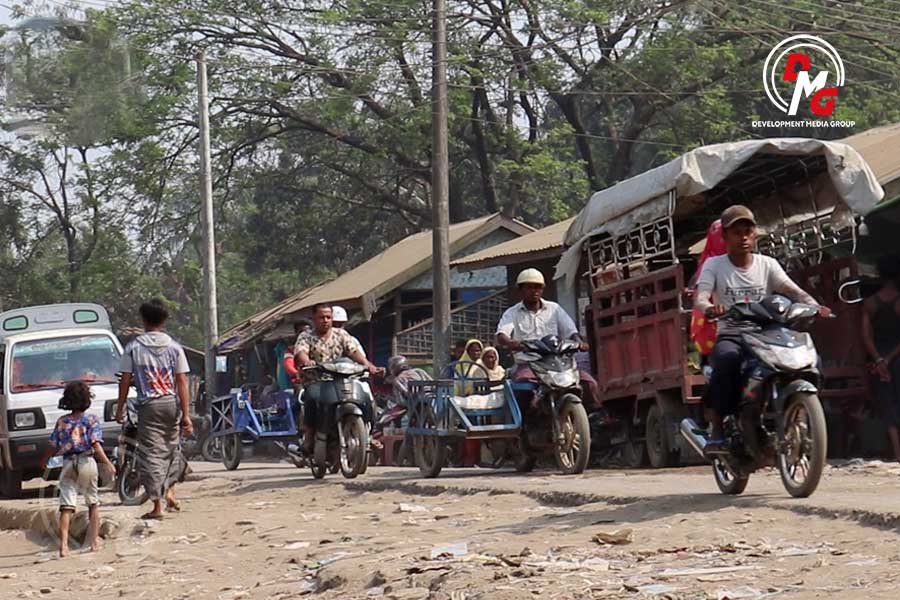- Arakan Army signals willingness to forge strategic partnership with Bangladesh’s new government
- Internet blackout in Arakan State hampers emergency aid delivery
- Arakan residents call for air raid warning systems amid surge in junta airstrikes
- Arakan’s Breathing Space (or) Mizoram–Arakan Trade and Business
- Death toll rises to 18 after junta airstrike on Ponnagyun village market
Arakan State parliament in recess due to COVID-19
The Arakan State legislature went into recess on March 25 and will remain adjourned until further notice due to the risk of coronavirus spread.
25 Mar 2020

Khin Tharaphy Oo | DMG
25 March, Sittwe
The Arakan State legislature went into recess on March 25 and will remain adjourned until further notice due to the risk of coronavirus spread.
“We all should beware of coronavirus infection. The government and parliament need to work together to combat the deadly virus,” said Arakan State parliament Speaker U San Kyaw Hla. “So, we have decided to recess the parliament temporarily due to the coronavirus threat.”
The state government on March 23 ordered state, district and township-level government departments and ward/village General Administration Departments not to hold public meetings, ceremonies, talks or trainings to prevent coronavirus spread in Arakan State.
The first three official cases of coronavirus, also known as COVID-19, were reported in Myanmar this week. One of those cases was a 36-year-old man in Chin State, which neighbours Arakan State.
As COVID-19 fears rise and the need for public awareness grows, U San Kyaw Hla said he was worried for internally displaced people (IDPs) in parts of Arakan and Chin states where mobile internet access has been cut off by the government.
“It is very important for more than 150,000 people who are taking shelter in refugee camps,” he said.
The Myanmar government on June 21, 2019, imposed an internet ban in Buthidaung, Maungdaw, Rathedaung, Ponnagyun, Kyauktaw, Myebon, Mrauk-U and Minbya townships of Arakan State, and Paletwa Township in Chin State. The affected townships are the epicentre of armed conflict between the Tatmadaw and the Arakan Army ethnic armed group.
The ban was lifted in some of those townships on September 1, only to be reimposed on February 3.
Civil society organisations and residents are asking that the internet ban on the nine affected townships of Arakan and Chin states be lifted, citing the importance of having access to reliable information about the deadly virus in order to prevent its spread.

















.jpg)